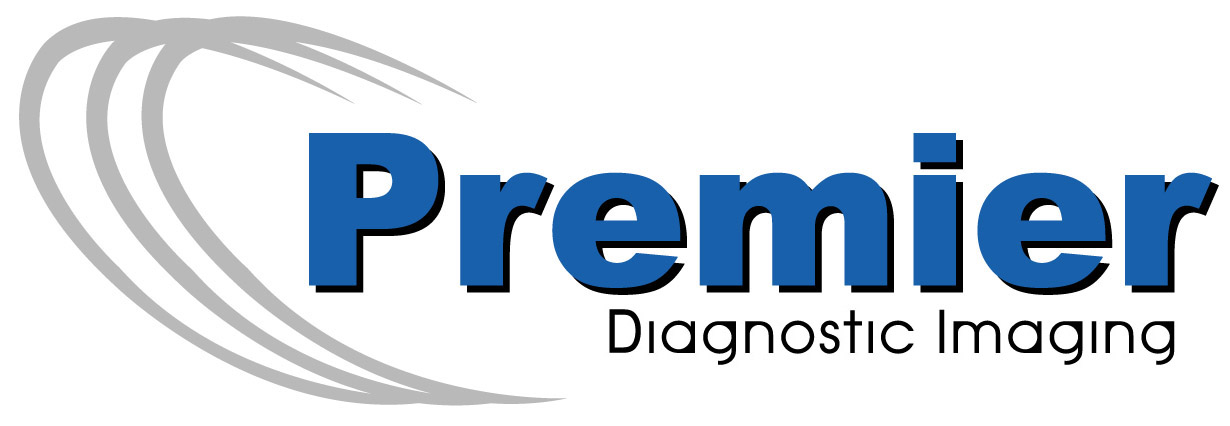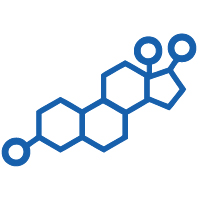Female Hormones and Cancer Risk
The following hormonal factors may affect a woman’s cancer risk:
- Oral Contraceptives. Overall, studies have provided consistent evidence that the risks of breast and cervical cancers are increased in women who use oral contraceptives, whereas the risks of endometrial, ovarian, and colorectal cancers are reduced (1).
- Menopausal Hormone Therapy (HRT). For some women, hormone therapy may increase their chances of getting blood clots, heart attacks, strokes, breast cancer, and gallbladder disease. For a woman with a uterus, estrogen increases the chance of getting endometrial cancer (cancer of the uterine lining). Adding progestin lowers this risk (2).
Some pregnancy-related factors have been associated with a reduced risk of developing breast cancer later in life. These factors include:
- Early age at first full-term pregnancy. Women who have their first full-term pregnancy at an early age have a decreased risk of developing breast cancer later in life. For example, in women who have a first full-term pregnancy before age 20, the risk of developing breast cancer is about half that of women whose first full-term pregnancy occurs after the age of 30. This risk reduction is limited to hormone receptor–positive breast cancer; age at first full-term pregnancy does not appear to affect the risk of hormone receptor-negative breast cancer.
- Increasing number of births. The risk of breast cancer declines with the number of children born. Women who have given birth to five or more children have half the breast cancer risk of women who have not given birth. Some evidence indicates that the reduced risk associated with a higher number of births may be limited to hormone receptor–positive breast cancer.
- History of preeclampsia. Women who have had preeclampsia may have a decreased risk of developing breast cancer. Preeclampsia is a complication of pregnancy in which a woman develops high blood pressure and excess amounts of protein in her urine. Scientists are studying whether certain hormones and proteins associated with preeclampsia may affect breast cancer risk.
- Longer duration of breastfeeding. Breastfeeding for an extended period (at least a year) is associated with decreased risks of both hormone receptor–positive and hormone receptor–negative breast cancers (3).
Some factors related to pregnancy may increase the risk of breast cancer. These factors include:
- Older age at birth of first child. The older a woman is when she has her first full-term pregnancy, the higher her risk of breast cancer. Women who are older than 30 when they give birth to their first child have a higher risk of breast cancer than women who have never given birth.
- Recent childbirth. Women who have recently given birth have a short-term increase in breast cancer risk that declines after about 10 years. The reason for this temporary increase is not known, but some researchers believe that it may be due to the effect of high levels of hormones on the development of cancers or to the rapid growth of breast cells during pregnancy.
- Taking diethylstilbestrol (DES) during pregnancy. DES is a synthetic form of estrogen that was used between the early 1940s and 1971 to prevent miscarriages and other pregnancy problems. Women who took DES during pregnancy may have a slightly higher risk of developing breast cancer than women who did not take DES during pregnancy. Some studies have shown that daughters of women who took DES during pregnancy may also have a slightly higher risk of developing breast cancer after age 40 than women who were not exposed to DES while in the womb, but the evidence is inconsistent (3).
Read More About Females Hormones and Cancer Risk:
If you or your mother was prescribed DES, you can learn more here: https://www.cancer.gov/about-cancer/causes-prevention/risk/hormones/des-fact-sheet




